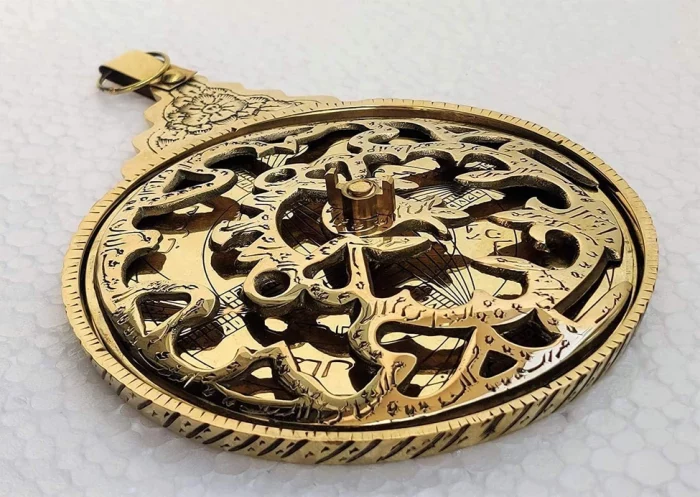Urbane – courteous in manners; polite; suave; elegant or refined
“It is true that Longfellow strove to present an unruffled, humane, urbane face to the world. The motto on his personal bookplate was non clamor, sed armor: not clamor, but love.”
Lawrence Buell, in the introduction to Henry Wadsworth Longfellow: Selected Poems

